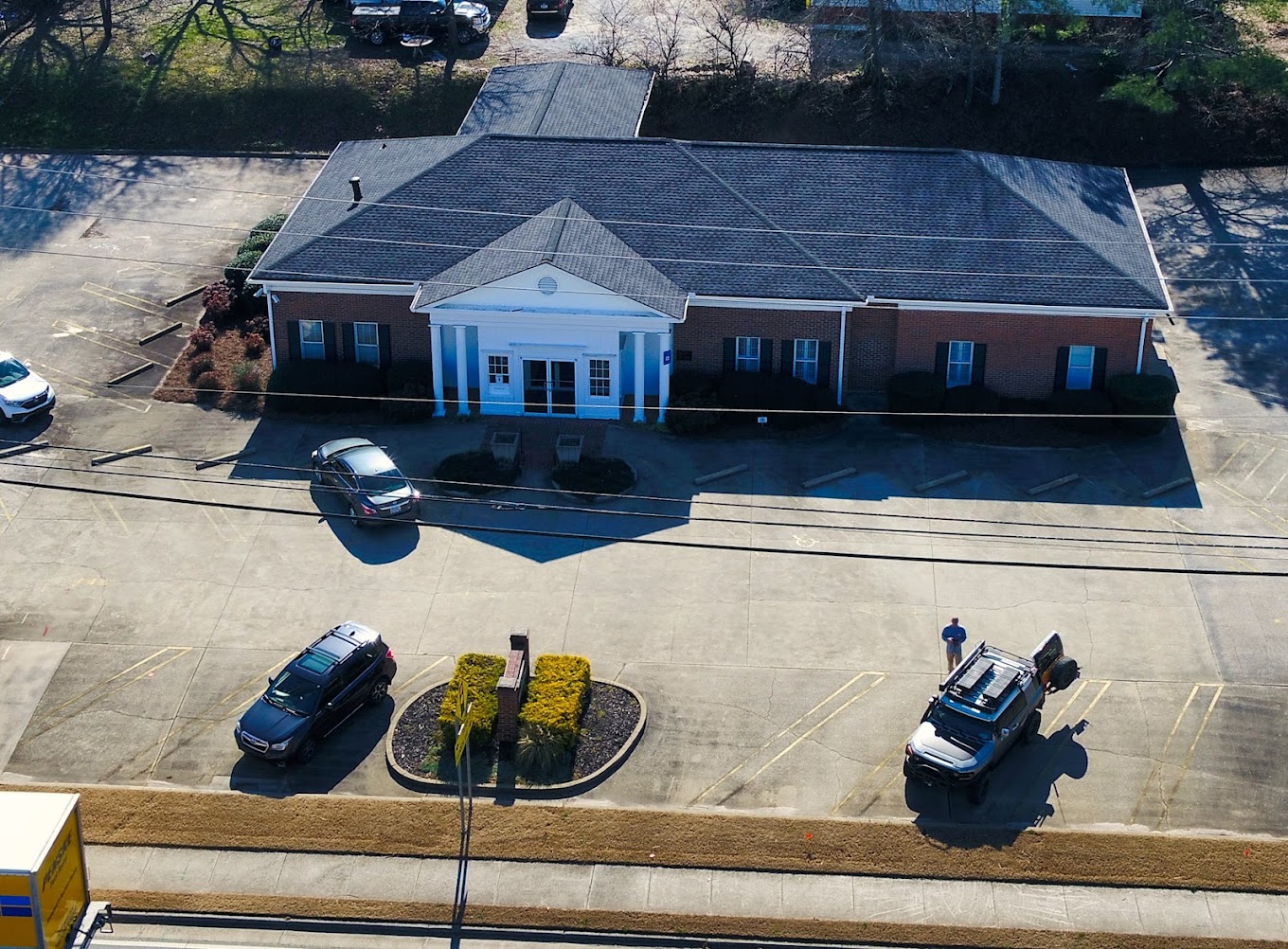
It is imperative for students pursuing a scientific track to be well-rounded as both scientists and professionals in their discipline. The University of West Georgia’s collaborative Materials Science Lab aims to provide chemistry and physics students with interdisciplinary skills to translate into varying branches of scientific knowledge in a hands-on learning environment that takes them beyond the classroom.
“Most modern research in any aspect of science is very interdisciplinary,” said Associate Professor of Chemistry Dr. Martin McPhail. “Our hope with this lab is to facilitate interdisciplinary research by housing multiple facilities in one place.”
Several pieces of scientific equipment were demonstrated during the official opening of the lab recently, including an atomic force microscope, 3D printer and scanner, specialized optic tables for experiments, and more.
“The lab contains a number of pieces of equipment that are used to analyze how materials are absorbed and emit light, so a lot of research in it is based on renewable energy, such as solar cells, and we use a lot of those techniques,” said McPhail.
These equipment materials are critical tools to allow UWG students to make an impact on real-world problems through a materials science lens. Continuing hands-on, interdisciplinary research about these materials will provide UWG students with insight on how to behave sustainably and ethically when they graduate.
“My chemistry students learn that materials make up everything you touch in your everyday lives,” said McPhail. “They make up most of the things you buy, things you’re going to throw away. The challenges we try to address in our disciplines tie into the challenges that are global concerns.”
UWG is introducing a Bachelor of Interdisciplinary Studies degree with a Materials Science track to further emphasize the importance of studying the materials that make up our world. The Materials Lab will provide students who pursue this new program with opportunities to collaborate with industry partners to solve real-life problems related to manufacturing and renewable energy.
The ubiquity and power of material science have never been more prevalent than today, McPhail said, and it is of the utmost importance to have UWG students be part of the fabric that will revolutionize the field.
“Our students are interested in concepts such as how the science is being done and which questions we are trying to ethically ask about the problems people are worried about,” said McPhail. “The lab is a great opportunity for students to see how we actually try to address these questions.”
More information regarding the lab and its coinciding academic pathway can be found on the UWG website.





